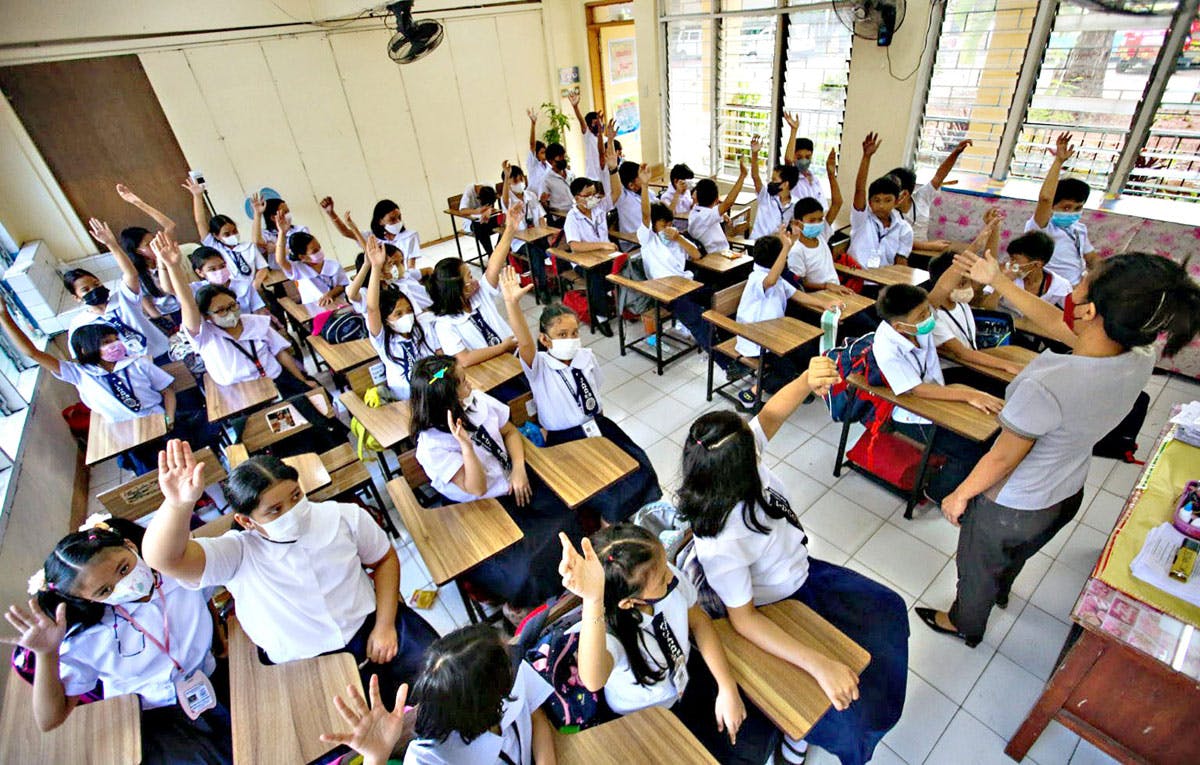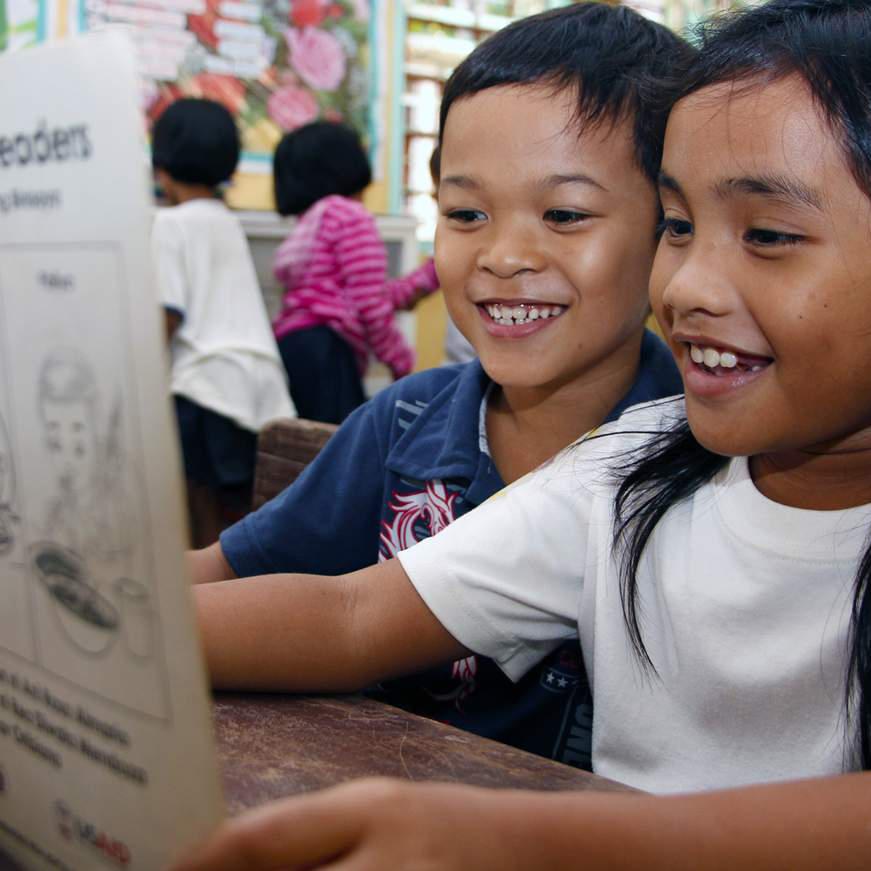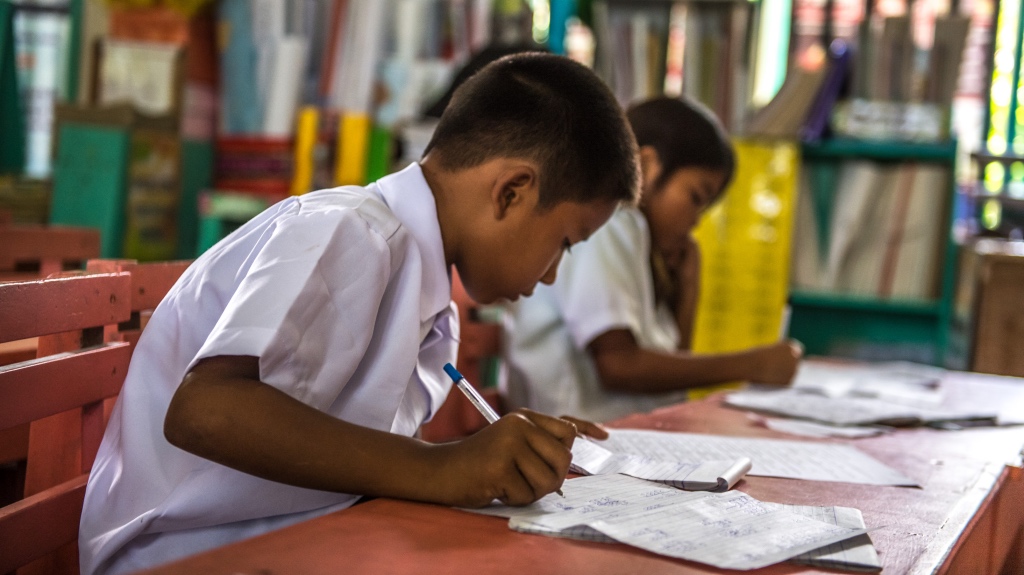MANILA, Philippines — The Philippine government has quietly ended the decade-old policy requiring the use of mother-tongue instruction from Kindergarten to Grade 3, raising concerns among educators, linguists, and cultural advocates who fear this could spell the decline of the country’s linguistic diversity.

Republic Act No. 12027, signed into law earlier this year, amends the Enhanced Basic Education Act of 2013 by dropping the provision that mandated early education in children’s first languages. With its removal, schools will now default to English and Filipino as the primary mediums of instruction for young learners beginning in the 2025–2026 school year.
The Department of Education has justified the shift as a move to strengthen Filipino students’ English proficiency—viewed as a valuable asset in global labor markets. Officials argue that equipping young Filipinos with strong English skills early in life is key to unlocking better opportunities abroad, particularly in sectors like nursing, seafaring, customer service, and information technology.
But while the move may have economic motivations, it has sparked backlash from educators and linguists who warn of deeper, long-term consequences.

Dr. Analiza Liezl Perez-Amurao, a Philippine linguist and academic based in Thailand, described the change as potentially “linguistic genocide,” arguing that language is more than a tool for communication—it is a vessel for culture, memory, and identity. She and others worry that abandoning local languages in the classroom could lead to their erosion and eventual disappearance, especially as younger generations grow up without learning to read, write, or speak them fluently.

For many, the decision marks a retreat from an education model once praised by global institutions like UNESCO. The Mother Tongue-Based Multilingual Education (MTB-MLE) policy had been heralded for its potential to improve literacy rates and learning outcomes by teaching children in languages they understand best during their formative years.
Critics of the policy shift argue that instead of scrapping the MTB-MLE approach, the government should have focused on strengthening its implementation. Challenges such as lack of trained teachers, insufficient materials, and uneven support across regions hampered its success. But rather than invest in reforms, the government has opted for a top-down solution that may prioritize global competitiveness at the cost of cultural preservation.
Linguistic advocates are now calling on the Marcos Jr. administration to reconsider its position. They propose a more flexible, data-informed model that retains mother tongue instruction while gradually integrating English and Filipino, ensuring both cognitive development and cultural continuity.
As the Philippines reorients its education policy, a larger question looms: In the pursuit of economic advancement, how much of the nation’s cultural identity is it willing to trade?







